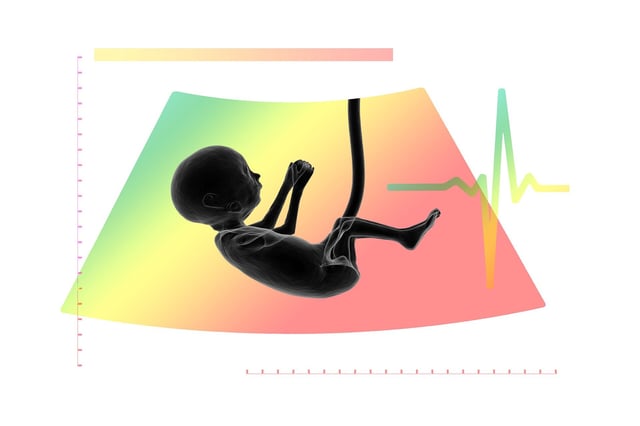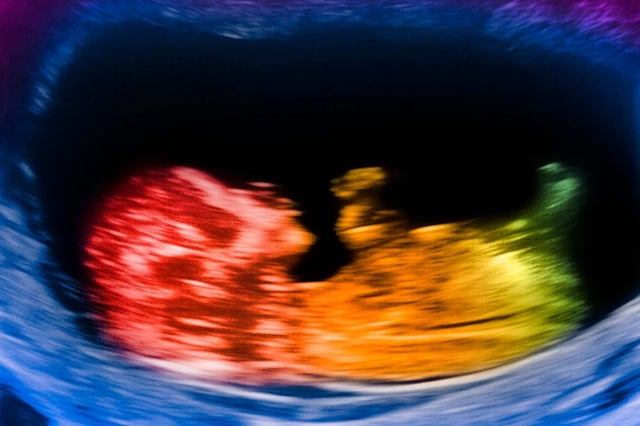Overview
- Researchers at Cambridge and Oxford have introduced the placental steroid hypothesis in Evolutionary Anthropology, arguing that prenatal sex steroids and placental function co-drove human brain evolution.
- Mini-brain experiments reveal testosterone increases neural volume whereas estrogens enhance synaptic connectivity in developing brain tissue.
- Comparative primate studies show humans produce higher prenatal estrogen levels and exhibit greater placental aromatase activity than chimpanzees and macaques.
- An elevated estrogen-to-androgen ratio in utero may have reduced male competition and boosted female fertility, supporting the emergence of large, cohesive social groups.
- Two decades of work at Cambridge’s Autism Research Centre have linked prenatal steroid variability to infant learning rates, neurodiversity, and now macroevolutionary brain changes.


